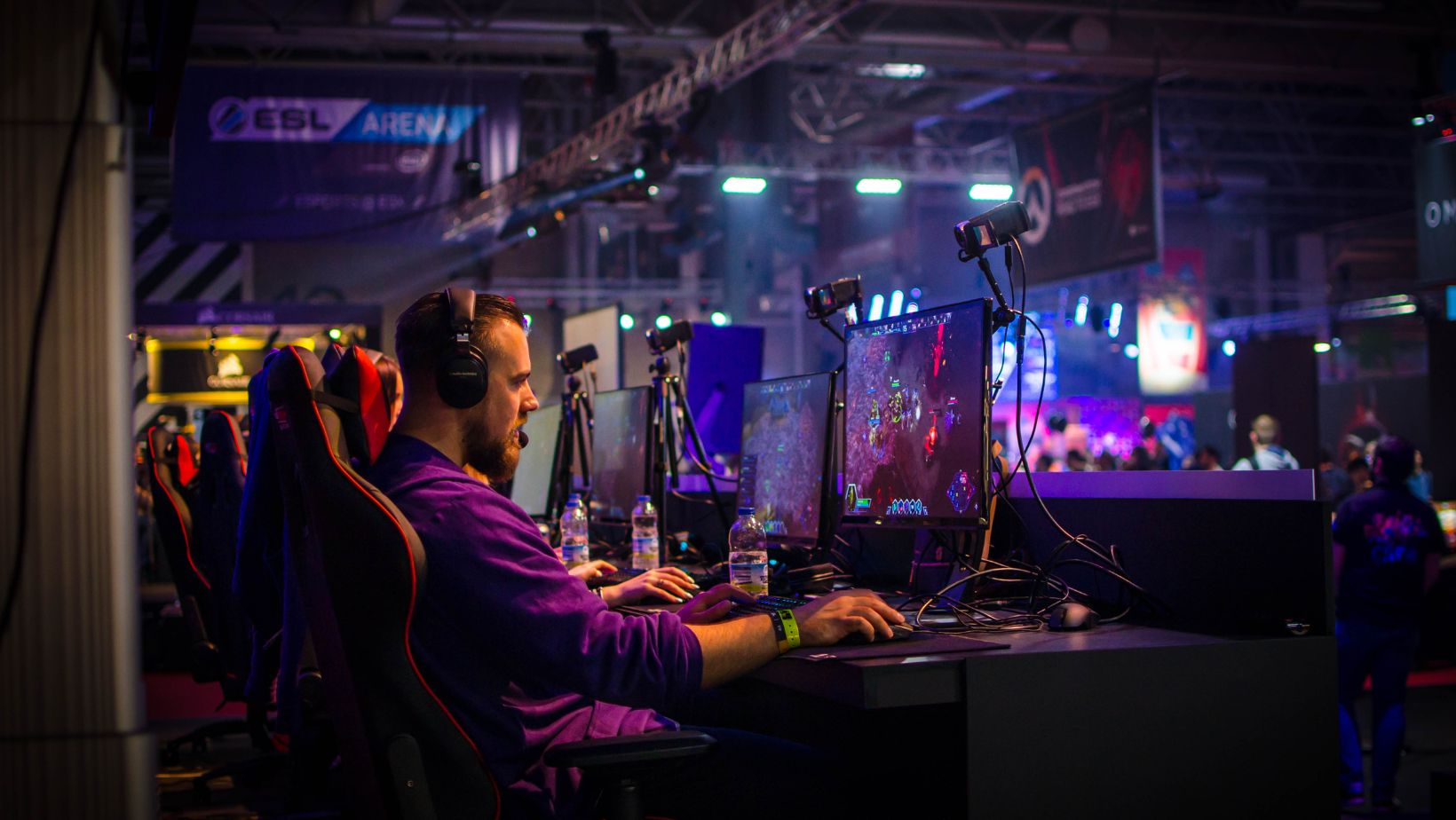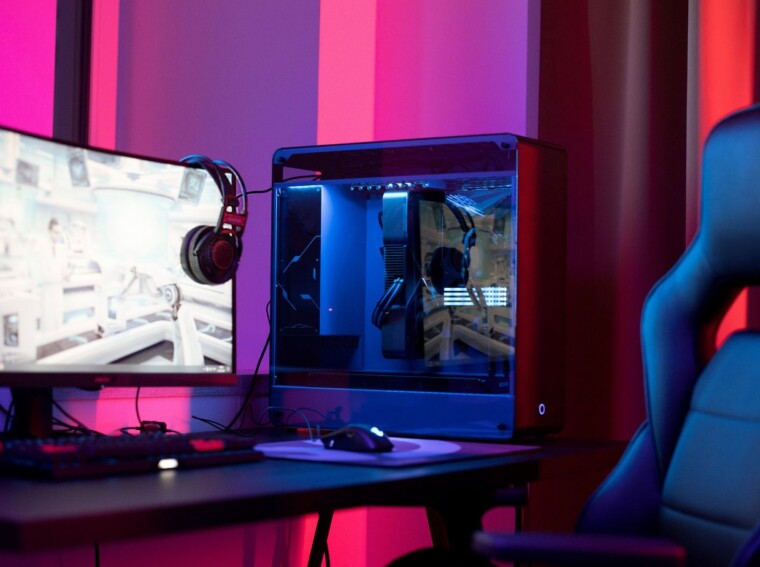When it comes to online gaming, the PC stands unmatched. With lightning-fast internet connections, customizable hardware, and limitless flexibility, PCs dominate the world of multiplayer gaming. Players can chat on Discord, stream gameplay, record content, and browse information — all from a single device. However, this versatility has a dark side. Alongside legitimate programs, players can also run unauthorized software — cheats — that threaten the integrity of online play.
The Freedom Windows Provides
Unlike consoles, PCs allow users to install and run virtually any software they desire. This freedom is both empowering and dangerous. Windows, the most widely used OS among gamers, provides countless advantages but also leaves open doors for abuse. Its flexible structure enables third-party developers to create tools that modify game files, memory, and processes. By contrast, Linux and macOS are more secure and restrictive — yet poorly optimized for gaming. Thus, Windows remains dominant, offering great power but also great responsibility — and, inevitably, vulnerability.
The Variety of Game Software
PC gamers find ways to cheat in almost every genre. In offline games, players use cheat codes, trainers, and software like Cheat Engine. In MMORPGs, automated bots farm resources 24/7. MOBAs are filled with scripting tools that execute perfect combos or dodges. But the true chaos unfolds in first-person shooters: ESP (wallhacks), aimbots, radar hacks, and macros are everywhere.

The temptation to use such tools is high — especially since PCs lack aim assist, which consoles provide by default. Some players even emulate controller input on PC to trick the system into granting aim assist in cross-platform shooters.
Even the Leading Games Suffer
The more popular an online game becomes, the more cheaters it attracts. Counter-Strike 2 is the perfect example — a game so affected by hacking that it’s almost a part of its identity. Entire servers are dedicated to HVH (hack vs. hack) battles, where cheaters fight to prove whose software is superior. However, in more hardcore games like Escape From Tarkov, the situation is grim. Cheaters ruin progression-based gameplay, exploiting every advantage possible. The lure of real-money trading (RMT) makes things worse, as some players use cs 2 cheats or similar tools to farm valuable loot and sell it for profit. What begins as an unfair advantage often turns into a small-scale black market.
Comparison with Consoles
On consoles, cheating is almost nonexistent. Systems like PlayStation and Xbox have closed ecosystems — users can’t install unapproved software. This makes console lobbies some of the fairest environments for competitive play. The downside, however, is that casual players face pros and dedicated grinders without assistance or balancing tools. PC, on the other hand, offers customization, flexibility, and mods — but at the cost of fairness. With cross-play becoming the norm, balancing matches between PC and console users is one of the biggest challenges developers face today.
Ultimately, PC gaming is both the best and the most problematic platform for online play. Its openness fuels creativity but also exploitation. Developers constantly improve anti-cheat systems, yet the war between hackers and security teams never truly ends. The future of fair PC gaming depends on collaboration — between players, developers, and hardware manufacturers — to ensure that freedom and integrity can coexist. Until then, the problem of cheats will remain the shadow that looms over PC gaming’s brightest achievements.

